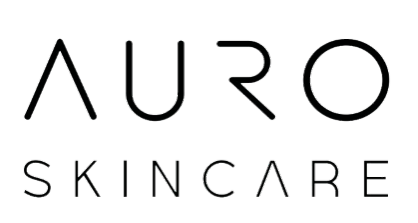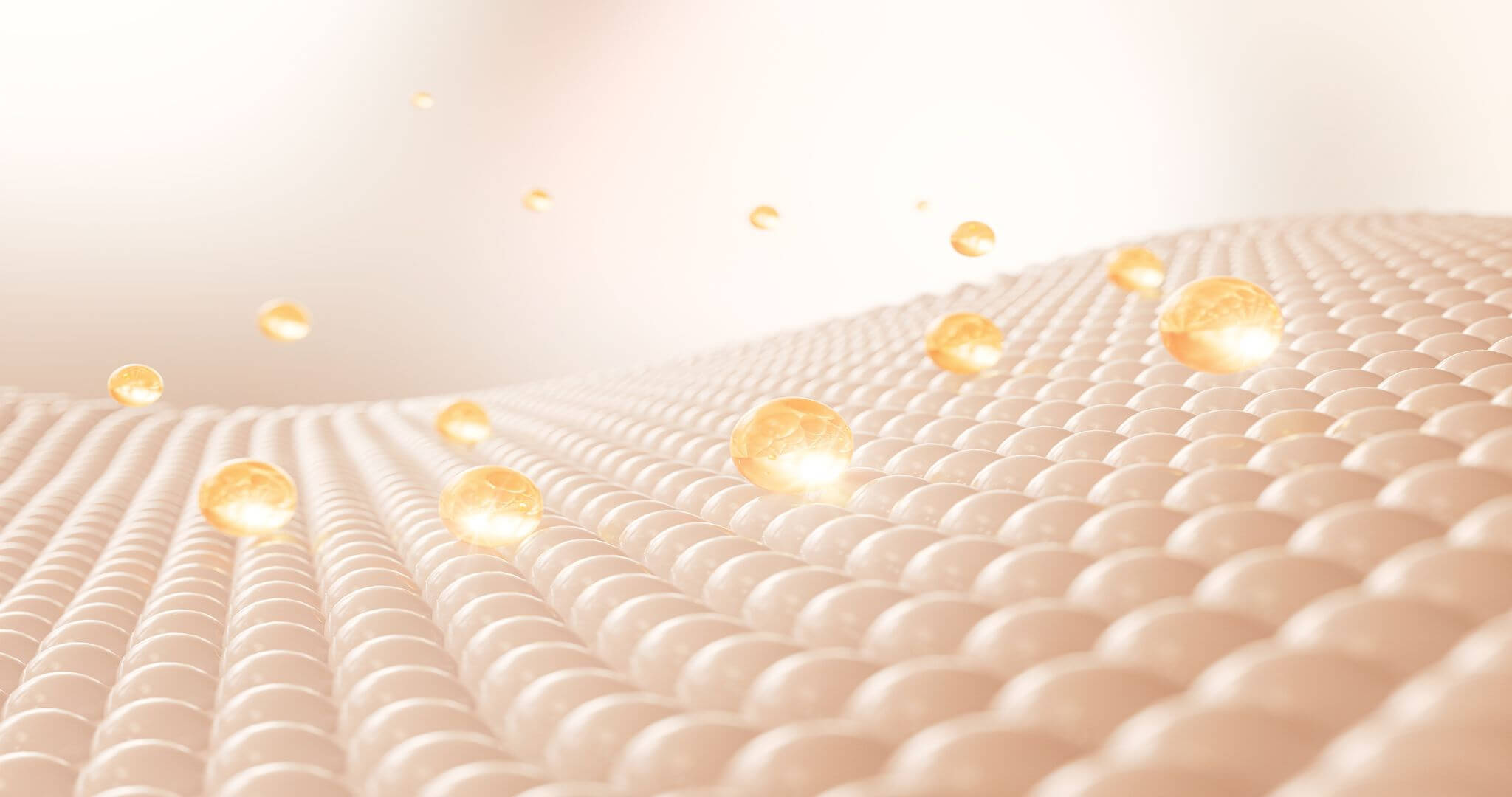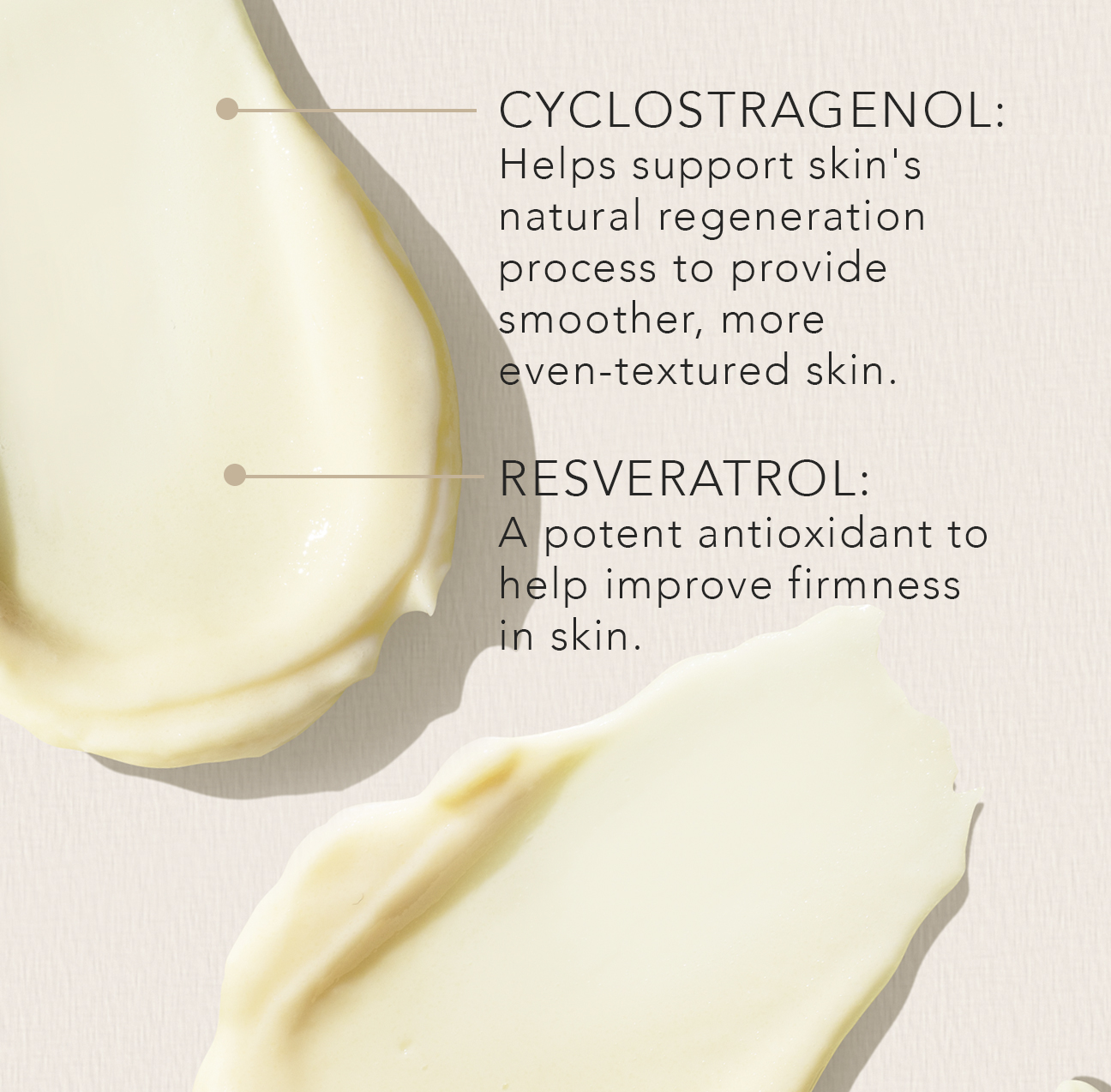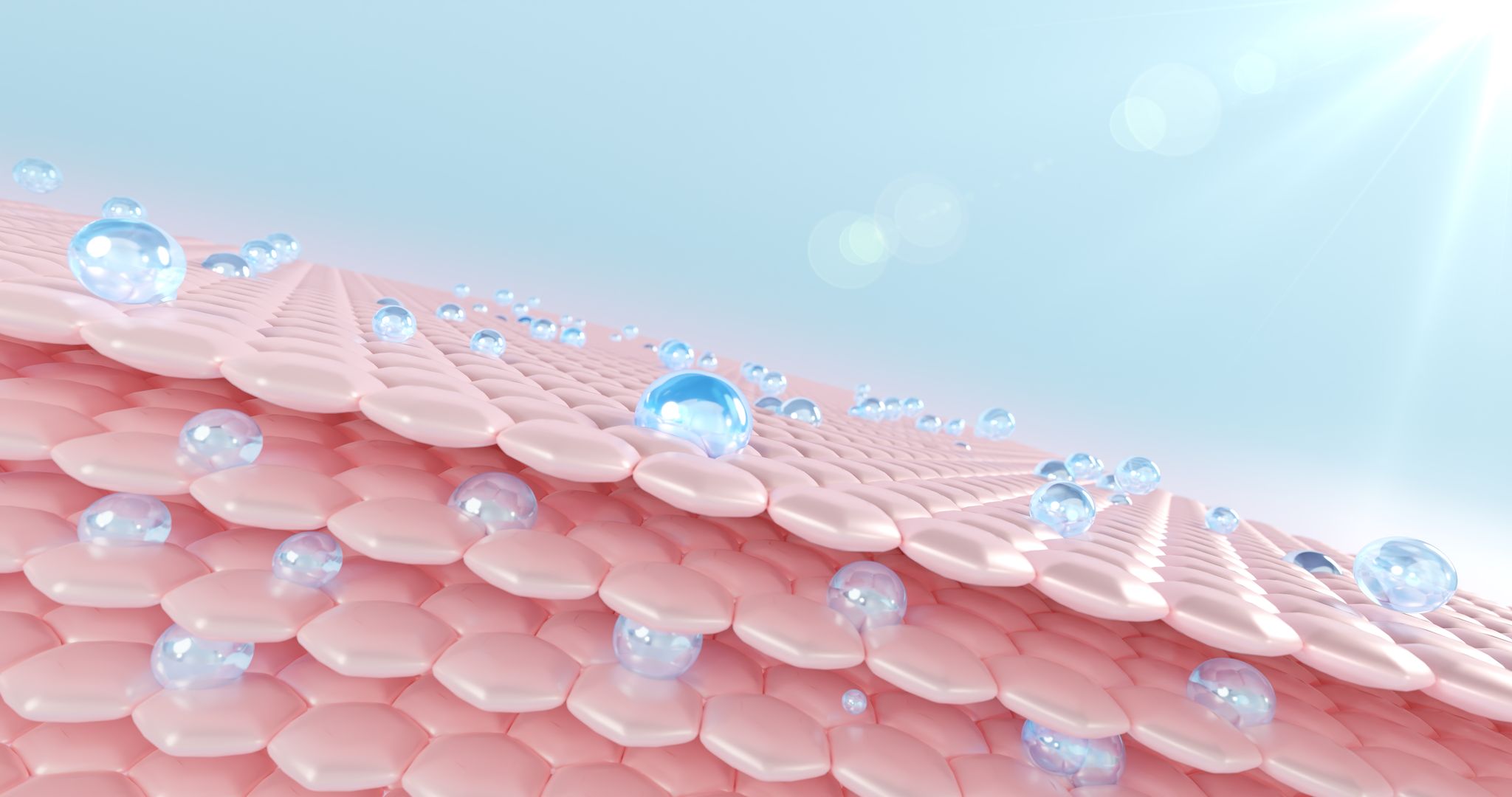Does Glutathione Help Acne?
Acne is one of the most common skin complaints. While it’s usually associated with the awkward years of puberty, the truth is that it can plague people of any age and show up anywhere on the body. In recent years, more people are turning to glutathione (GSH) for a solution to their acne problems. Let’s take a look at how glutathione interacts with our skin and how it can treat this often-stubborn problem.
How Glutathione Works in Your Skin
Glutathione is a powerful antioxidant and an important element in maintaining overall health. GSH appears in every cell of the body, where it regulates cell function and eliminates harmful free radicals. Free radicals occur whenever the skin is damaged by internal factors like poor nutrition or external factors like sun exposure or pollution.
If there is not enough GSH, free radicals can grow out of control, leading to oxidative stress and further damage to cells and DNA. Higher levels of oxidative stress are linked to chronic inflammation and health problems, including acne.
Higher GSH levels, however, mean the body is better able to eliminate free radicals and generate new skin cells to replace aged and damaged ones. This is particularly important as we age, since the cumulative effects of sun and pollution exposure often do not appear until long after they occur, just when our body’s ability to create GSH declines.
What Acne is and How It Develops
Acne is a general term that refers to blackheads, whiteheads, and pimples. Blackheads and whiteheads pop up when pores get clogged. Research indicates that people with more severe or widespread acne have more significant markers of systemic oxidative stress, including GSH deficiency (as measured through blood samples). Bacteria can also inflame pores, creating pus and pimples. In more severe cases, patients can develop painful bumps under the skin with pus (cystic lesions) or without (nodules).
Aside from physical discomfort, these unsightly blemishes can make it difficult to feel confident in our appearance. They can also be very persistent: just when it seems one area is improving, another often pops up.
Acne is often a response to fluctuating hormones, which is why it’s a common problem for teens and young adults. But it can also indicate underlying health problems, particularly for older adults.
Less Glutathione Can Mean More Acne
In one study, patients with acne had lower levels of glutathione. This is a significant finding since it’s long been hypothesized that oxidative stress and high levels of free radicals can contribute to acne breakouts. Essentially, if our levels of glutathione aren’t sufficient to control our levels of oxidative stress and free radicals, we may be more likely to experience acne.
Using Glutathione for Acne Relief
The most effective method of supplementing glutathione for acne (or anything else) is applying it to the skin as a cream, lotion or spray, which makes it very convenient for acne treatment.
Auro Skincare is the only brand on the market to leverage transdermal glutathione with other vital skin nutrients like vitamins E and C. With special formulations for the beginning and end of your day, these creams ensure your skin gets the maximum possible protection from external dangers and boost skin healing overnight. If you have struggled to find an answer to stubborn acne, glutathione may just be the key!
Find more info in “Glutathione In and For Your Skin”. To explore more about the amazing powers of glutathione, check out Auro founder Nayan Patel’s comprehensive guide to this miracle molecule: Glutathione Revolution.






